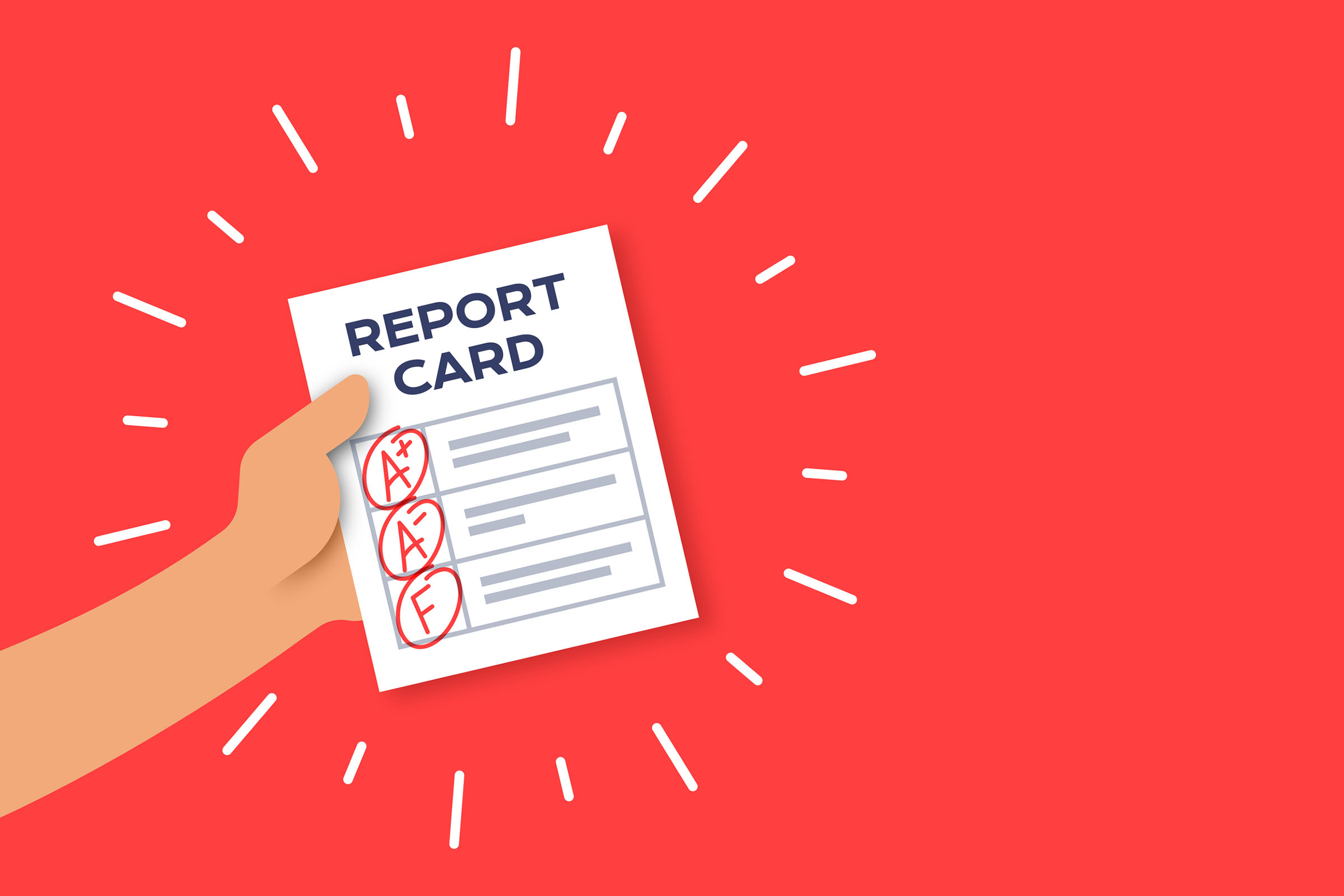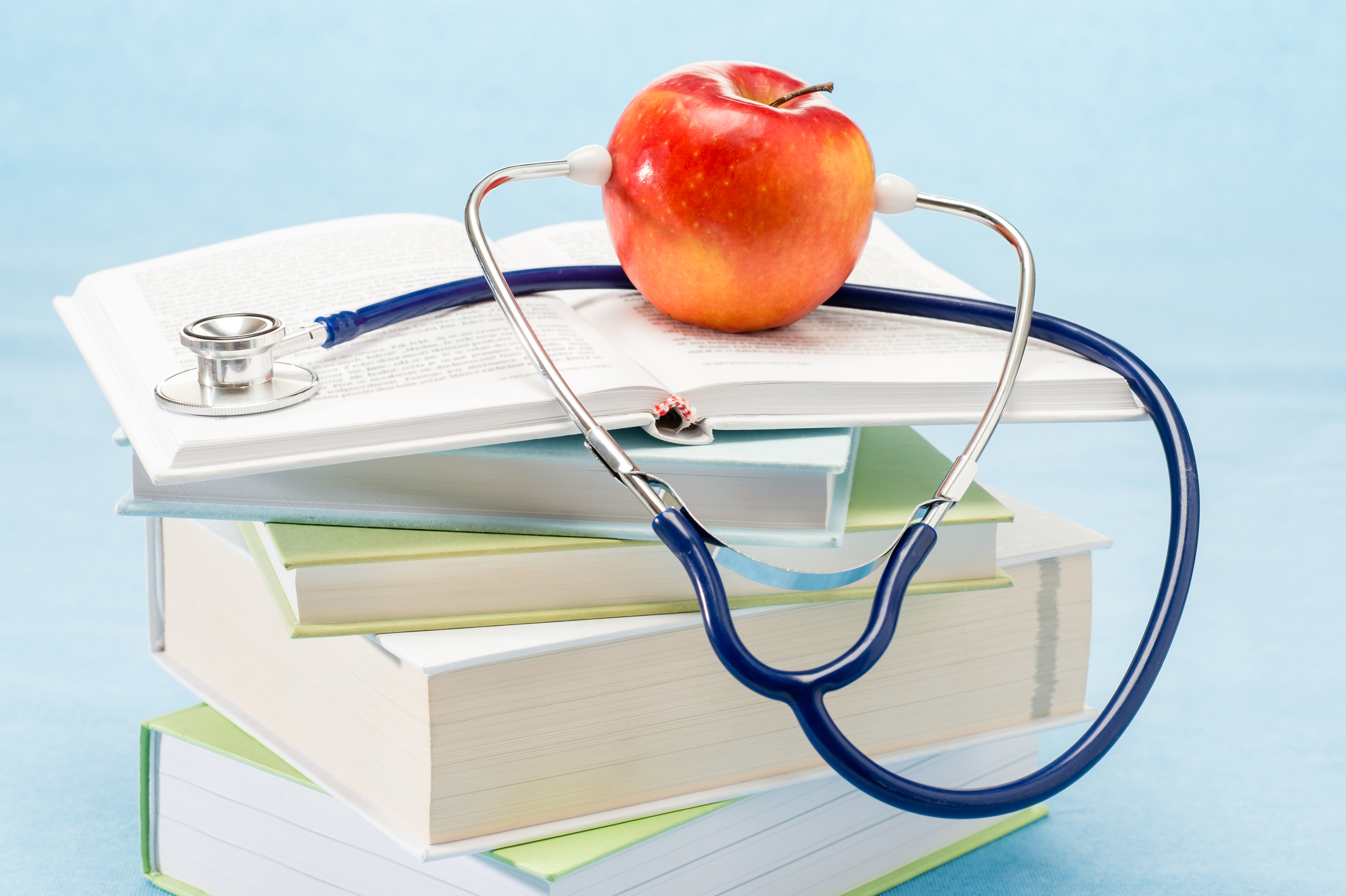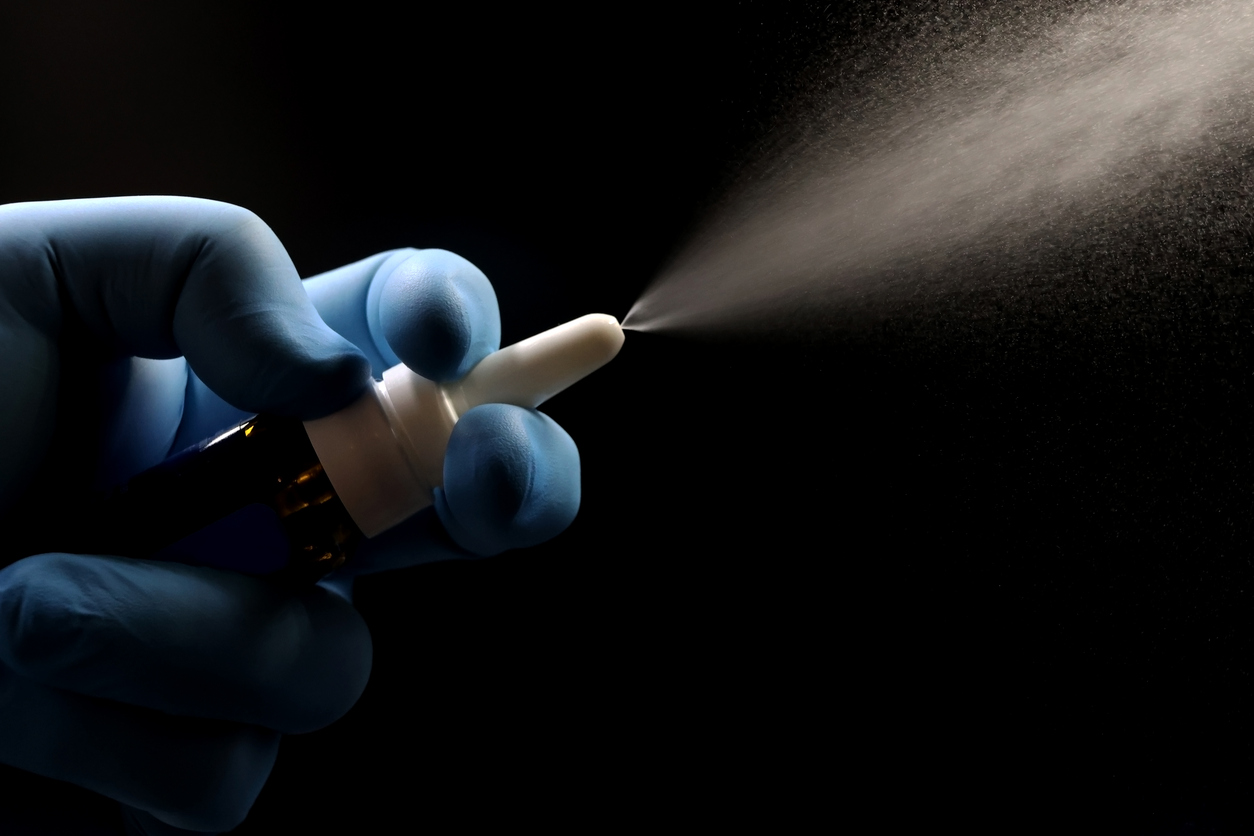Recently, we’ve been regaled with headlines like these:
“Study Warns Low-Carb Diets ‘Unsafe,’ May Lead To Early Death”—studyfinds.org
“A No-go for Keto? New Study Finds Low-Carb Diets Increase Mortality”—fooddive.com
“A Low-Carb Diet Could Cut 4 Years Off Your Life, So Just Eat the Damn Pasta”—Esquire
No wonder nobody can figure what to eat anymore!
In a recent podcast, which you can download here, I’ve weighed in on all the faults with the Lancet study these articles quote.
But that’s not really the point. Dr. John Ioannidis just articulated why, when it comes to selecting the “ideal” diet, we’re looking in all the wrong places.
If you’ll recall, Ioannidis is the same skeptic who called out scientific studies 13 years ago, in a paper audaciously titled “Why Most Published Research Findings Are False”.
Fast forward to 2018, and Ioannidis must be as sick and tired as I am of the faulty scientific methodology and over-reaching conclusions of papers like the Lancet low-carb hatchet job.
His new polemic is entitled “The Challenge of Reforming Nutritional Epidemiologic Research”. In it, he calls for “radical reform” of the scientific method as applied to the fundamental question of “What should we eat?”
If we cast the microscope on foods, we can demonstrate that virtually anything can kill you: French fries (acrylamides); dairy (prostate cancer); strawberries (pesticides); steak (polycyclic aromatic hydrocarbons); beans (lectins); fish (mercury and PCBs), and coconut oil (saturated fats) to name but a few.
Ioannidis points out that, if you were to believe recent studies:
“ . . . Eating 12 hazelnuts daily (1 oz) would prolong life by 12 years (ie, 1 year per hazelnut), drinking 3 cups of coffee daily would achieve a similar gain of 12 extra years, and eating a single mandarin orange daily (80 g) would add 5 years of life. Conversely, consuming 1 egg daily would reduce life expectancy by 6 years, and eating 2 slices of bacon (30 g) daily would shorten life by a decade, an effect worse than smoking. Could these results possibly be true?”
Ioannidis, as a veteran scientist, knows his statistics and argues that data manipulation can lead to unwarranted conclusions. He calls out researchers for bias and using selective reporting to reinforce their pre-conceived notions.
There are over 250,000 individual foods, food preparation methods vary widely, and the same food may be pristine or laden with toxins depending on the circumstances of their harvesting and processing, Ioannidis asserts. And they’re eaten together with other foods in endless permutations: “Disentangling the potential influence on health outcomes of a single dietary component from these other variables is challenging, if not impossible.”
Further, all these conflicting studies may be doing more harm than good, undermining public confidence in nutritional science, and leading to dietary nihilism.
Ioannidis further argues for research transparency, and a reigning in of sweeping claims:
“Reform has long been due. Data from existing cohorts should become available for reanalysis by independent investigators. Their results should be presented in their totality for all nutritional factors measured, with standardized methods and standardized exploration of the sensitivity of conclusions to model and analysis choices. Readers and guideline developers may ignore hasty statements of causal inference and advocacy to public policy made by past nutritional epidemiology articles. Such statements should be avoided in the future.”
I think the problem has been compounded by the influence of the media, avid for “news-you-can-use.” Science can be a boring, iterative, plodding endeavor. Researchers are lured by the Siren-call of “relevance”; today, more than ever before, they’re tempted to torture conclusions with instant pop-culture applicability out of obscure, conflicting data.
Dramatic pronouncements about this or that food or diet feed the ever-demanding news cycle. They generate splashy interviews that confer star status on staid researchers and keep grant money flowing to cash-hungry institutions.
But most of all, health writers and science journalists bear responsibility for these excesses. They don’t know how to critically evaluate studies; many have meager scientific backgrounds, and they no longer conform to journalistic standards.
They’re also under-the-gun to generate clicks at the expense of nuanced facts, and they’re time-pressured, so it’s easy to simply crib pre-masticated press releases from journals and university public relations departments rather than formulate original stories.
There’s a premium on reports of studies with certain catchy themes: “cancer/Alzheimer’s/heart disease-breakthrough,” “longevity/anti-aging,” “global warming/climate change,” and lifestyle issues about diet, exercise, sleep and stress. Unfortunately, stories debunking supplements have been in vogue lately.
Frequently, unwarranted implications for humans are based on studies performed with rats or mice; other papers tease relevance from short observations of a handful of individuals; still others rely on the faulty recollections of study participants about how they ate, drank, exercised, or slept.
Journalists also have a notoriously short attention span. A recent paper revealed that media accounts of a scientific breakthrough were rarely followed up by stories disclosing that subsequent studies never panned out.
A recent Vox.com article (“Study: half of the studies you read about in the news are wrong”) points out why this is a problem:
“The PLOSOne analysis paper found that only 48.7 percent of 156 studies reported by newspapers were confirmed by a subsequent meta-review. The percentage dropped to 34 when the researchers focused on initial studies only.”
I, too, sometimes fall prey to the imperative to grab for an attention-getting headline, but I take my responsibility seriously, as a gatekeeper of information that my Intelligent Medicine readers and listeners apply to their daily lives. It’s not always easy, but I try to perform my due diligence and sift the truth from the distortions, passing along my careful interpretations to you.
BOTTOMLINE: Don’t always trust the headlines—Be wary of fake health news!
For more background, you can read a great opinion piece on this subject by my good colleague Rob Verkerk of Alliance for Natural Health International.








